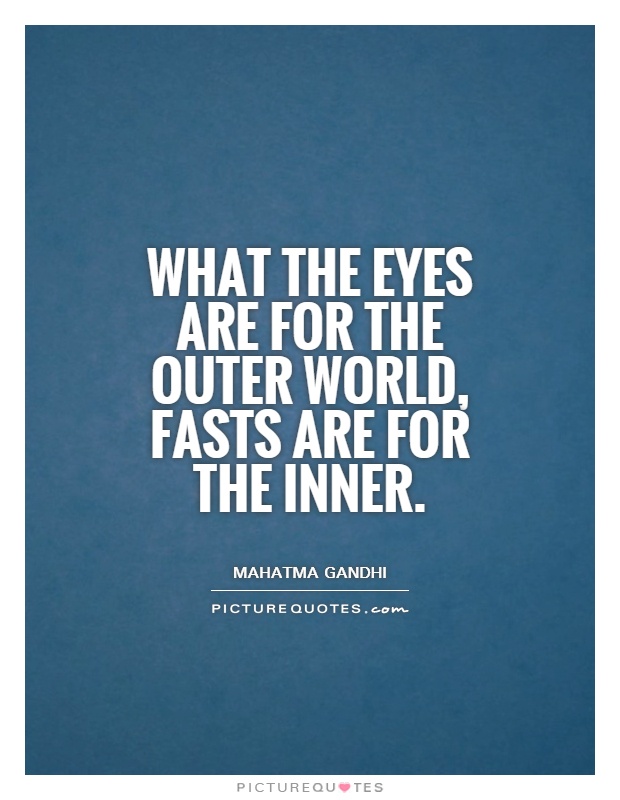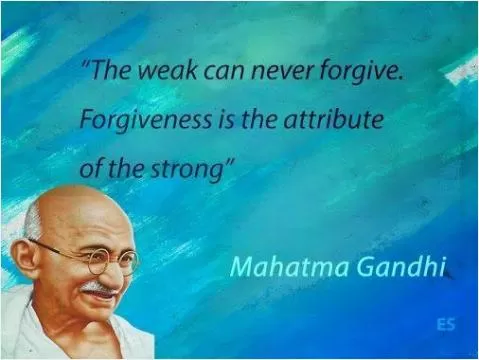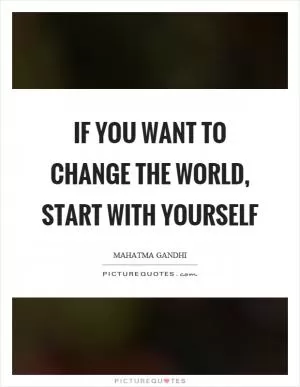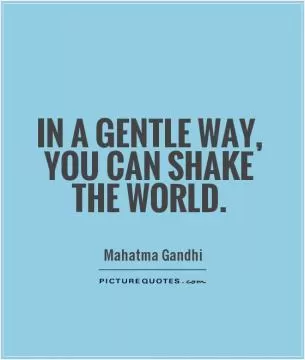What the eyes are for the outer world, fasts are for the inner

What the eyes are for the outer world, fasts are for the inner
Mahatma Gandhi, the revered leader of the Indian independence movement, was a firm believer in the power of self-discipline and self-control. He often spoke about the importance of fasting as a means of purifying the body and mind, and as a way to connect with one's inner self. Gandhi famously said, "What the eyes are for the outer world, fasts are for the inner."For Gandhi, fasting was not just a physical act of abstaining from food, but a spiritual practice that allowed him to focus his mind and strengthen his resolve. He believed that by fasting, one could gain control over their desires and impulses, and develop a deeper understanding of their own inner workings. Fasting was a way for Gandhi to cleanse his body and mind, and to cultivate a sense of inner peace and clarity.
Gandhi's use of fasting as a form of protest and political resistance is well-known. He often went on hunger strikes to protest against injustice and oppression, using his own body as a tool to draw attention to the plight of the Indian people. Through his fasts, Gandhi was able to demonstrate his commitment to nonviolent resistance and his willingness to suffer for the greater good.
But for Gandhi, fasting was not just a political tool – it was also a deeply personal and spiritual practice. He saw fasting as a way to connect with his inner self and to strengthen his spiritual resolve. By abstaining from food, Gandhi believed that he could purify his body and mind, and gain a deeper understanding of his own inner nature.
In the context of Gandhi's philosophy, the quote "What the eyes are for the outer world, fasts are for the inner" takes on a deeper meaning. Gandhi believed that just as the eyes allow us to see and experience the external world, fasting allows us to turn our gaze inward and explore the depths of our own being. Fasting, for Gandhi, was a way to cultivate self-awareness, self-discipline, and spiritual growth. It was a means of connecting with the divine within ourselves and finding peace and clarity in the midst of life's challenges.












 Friendship Quotes
Friendship Quotes Love Quotes
Love Quotes Life Quotes
Life Quotes Funny Quotes
Funny Quotes Motivational Quotes
Motivational Quotes Inspirational Quotes
Inspirational Quotes